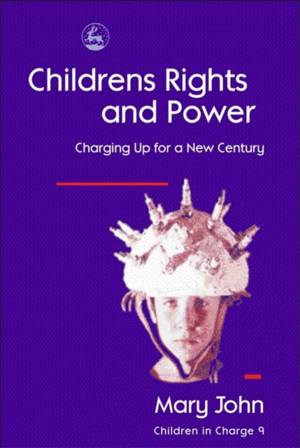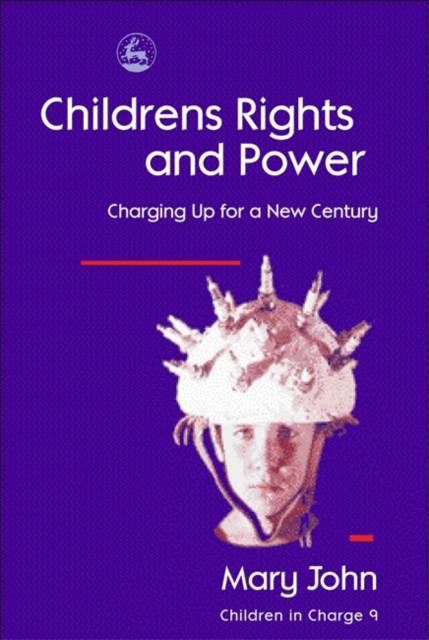
- Afhalen na 1 uur in een winkel met voorraad
- Gratis thuislevering in België vanaf € 30
- Ruim aanbod met 7 miljoen producten
- Afhalen na 1 uur in een winkel met voorraad
- Gratis thuislevering in België vanaf € 30
- Ruim aanbod met 7 miljoen producten
Omschrijving
Examining children's rights from a global perspective, Mary John considers how children experience power, being powerful and the transformation of power relationships. She explores this issue objectively yet compassionately, comparing the situation of children to that of powerless minority groups and asking why children are rarely included in debates on social accountability, freedom and autonomy.
Examining children's rights in relation to current thinking about the nature of power, the role of competence within this, and how perception of power is determined by culture and economics, she presents discussion of issues and movements affecting children around the world uncovered in her research, including:
-the Children's Parliament in India
-the rise in violence among Japanese schoolchildren
-child soldiers in Africa
-democratic schooling in Albany, USA.
She argues that democracies are not only sought in the public sphere, they are created within the emotional intimacies of private social worlds, presenting the child with new challenges for the recognition and realization of their rightful autonomy and agency. With in-depth research and thought-provoking discussion, this book supplies a wealth of information for policy makers, social workers and academics, articulated in a compelling and lively style.
Specificaties
Betrokkenen
- Auteur(s):
- Uitgeverij:
Inhoud
- Aantal bladzijden:
- 304
- Taal:
- Engels
- Reeks:
- Reeksnummer:
- nr. 7
Eigenschappen
- Productcode (EAN):
- 9781853026591
- Verschijningsdatum:
- 15/04/2003
- Uitvoering:
- Paperback
- Formaat:
- Trade paperback (VS)
- Afmetingen:
- 157 mm x 237 mm
- Gewicht:
- 458 g

Alleen bij Standaard Boekhandel
Beoordelingen
We publiceren alleen reviews die voldoen aan de voorwaarden voor reviews. Bekijk onze voorwaarden voor reviews.









